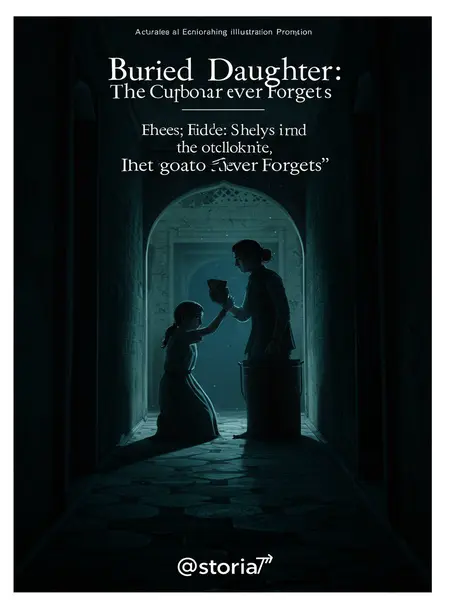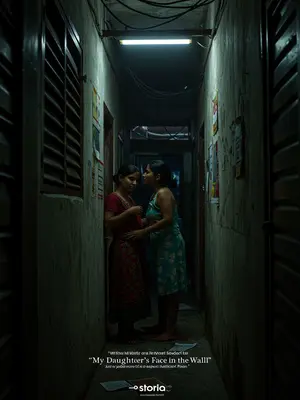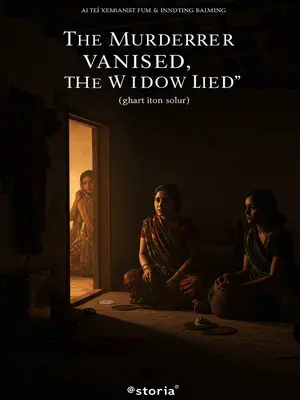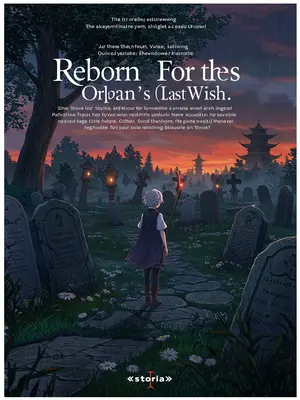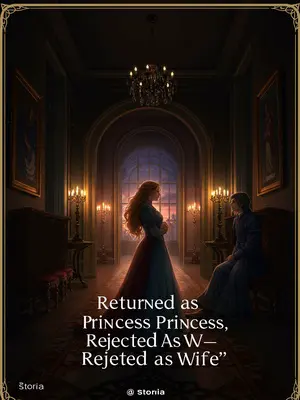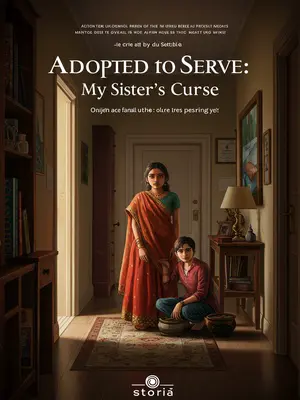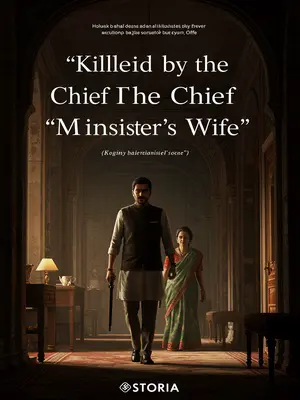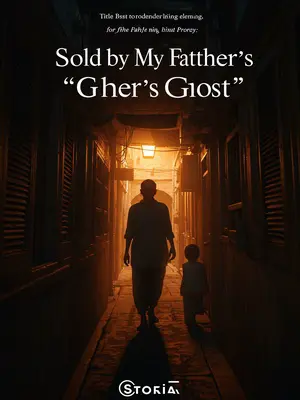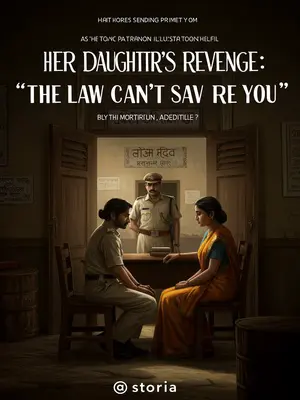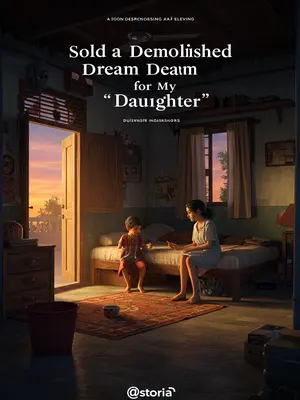Chapter 1: The Pandit's Warning
It all began because my son was getting married, and my wife and I went to see a pandit.
The whole mohalla was buzzing with wedding excitement—neighbours peeking through jharokhas, aunties offering advice no one asked for. Meena insisted we see Pandit Ramkumar ji, the most respected in the area, famous for reading your destiny in a single glance. We sat cross-legged on the cool floor, incense smoke curling in the cramped room, knees pressed together as we waited. The air was thick with the scent of agarbatti and old sandalwood, the tube light above flickering, barely cutting through the dusk.
We wanted just a shubh muhurat, but after his calculations, Pandit ji looked at us gravely and asked:
His fingers danced over ancient panchang and faded papers, lips moving in silent mantras. Suddenly, he stopped. His eyes locked onto ours, sharp and unsettling. "Kya aapka koi bachcha hai jo bahut saalon se ghar nahin aaya? Kuchh theek nahin lag raha."
My heart lurched.
It was like someone had thrown a bucket of cold water over me. My hands, resting on my knees, clenched into fists. I glanced at Meena—her dupatta had slipped, her face drained of colour. The room seemed to shrink until only the pandit’s eyes and our unspoken secret remained.
I exchanged a quick look with my wife.
Her eyes met mine—wide, anxious, a silent conversation passing between us. The guilt we never voiced flickered on her face, her lips trembling, as if she might spill everything then and there.
From her panicked expression, I knew she was thinking what I was.
She fidgeted with her saree border, twisting it around her finger—a habit since childhood. The beads of the pandit’s mala clicked softly, a countdown to confession.
Pandit ji continued, "Beta ki shaadi hai. Puri parivaar ko ek saath hona chahiye. Agar koi abhi bhi laapata hai, toh kuchh bura ho sakta hai, chahe shaadi kar bhi lo."
His voice dropped to a whisper, as if the very walls might overhear. In Lucknow, tradition and superstition are partners. Weddings are not just celebrations—they’re battles for family honour, for what people will say.
"Kya ho sakta hai, Pandit ji?" Meena’s voice trembled.
Her bangles tinkled as she clutched her saree tighter, voice barely a whisper. I saw her wipe her brow with her pallu, muttering under her breath, "Hai Bhagwan, yeh kya ho raha hai?"
"Mat puchho. Bahut apshagun hoga."
Pandit ji looked away, as if the knowledge was too heavy to bear. The word 'apshagun' hung in the air, as oppressive as the sticky Lucknow heat. An auto horn blared outside, slicing through the silence.
"Aapki beti bhi hai?"
The question hit like a slap. The air felt thick. My mind leapt to Kiran’s giggles, her sticky mango-stained hands, the jingle of her anklets down the hall.
I nodded. "Hai, lekin..."
I couldn’t finish. My throat closed up. Meena’s cold, trembling hand found mine under the table.
"Bas. Aapki beti waapas aana chahti hai. Arre, yeh ladki... alag hi hai."
Pandit ji’s eyes closed, his voice almost reverent, almost afraid. For a second, it felt like Kiran was right there—her spirit cross-legged next to me, waiting.
His words left me reeling.
Dead for twenty years, and yet she ‘wants to come home’? A shiver ran through me. The incense now smelled sharp, almost bitter. The outside world faded; only the pandit’s words echoed.
My daughter has been dead for twenty years. How could she want to come home, and how could she be 'something else'?
No one else knew our secret. But here was a stranger, pulling back the curtain on what we’d buried for years. For the first time, I felt naked, exposed to the winter chill of our own guilt.
Pandit ji intoned, "Purane zamaane se, jo mar jaate hain unki antim kriya zaroori hai, aur jo zinda hain unko ghar waapas aana hota hai. Shaadi shanti se ho, toh sab theek ho. Puri parivaar lekar aana, phir muhurat dekh lenge."
His words were final, brooking no argument. A gust of wind made the diya’s flame flicker, shadows leaping on the walls. I nodded, the words ‘puri parivaar’ ringing in my ears.
We left as told, the pandit’s warning heavy on our hearts.
We gathered our things—Meena’s purse, my old wallet, wedding lists. The city’s sounds returned: “Le lo malai!”, a child’s cry for kulfi, the background buzz of life. But my heart was heavy, every step deeper into the shadows of our own making.
At home, Meena’s worry filled the air.
She paced the living room, slippers slapping the marble. The tube light flickered, the pressure cooker whistled in the kitchen, and she scrolled through her phone, wedding list forgotten, eyes flicking to me, desperate for answers.
She looked at me, helpless: "Ab kya karein, Arjun? Bees saal ho gaye. Kiran toh... Kiran toh kab ki chali gayi. Kaise laayein usey wapas?"
Her voice broke, guilt and pain spilling out. She wiped her forehead with her saree, the television blaring a saas-bahu serial in the background, its melodrama echoing our own.
I clutched my head, just as agitated.
I sat on the bed’s edge, fingers tangled in my greying hair, the fan above creaking. My mind spun with what-ifs, each more desperate. The smell of burnt onions from the kitchen grounded me, a reminder that life outside this hell went on.
My son’s in-laws were wealthy and influential; such a match was rare for us.
Their marble-floored house, Honda City outside—things we only dreamed of. They valued tradition and made it clear that family honour meant everything. Meena always feared our skeletons tumbling out—now, it seemed, they might.
The in-laws were particular about traditions, demanding we get a pandit to pick the wedding date.
They’d sent their own astrologer, but we insisted on ours. My phone buzzed with WhatsApp messages: reminders about auspicious dates, the menu, even ladoos for the sweets. The pressure was relentless.
Now, everything was stuck because of our daughter. I had to find a solution.
I sat, head in hands, trying to make a plan. Confess everything? No, that would ruin my son’s future. Do the last rites quietly? But what if the pandit was right? My guilt threatened to crush me, the past clawing back into our lives.
